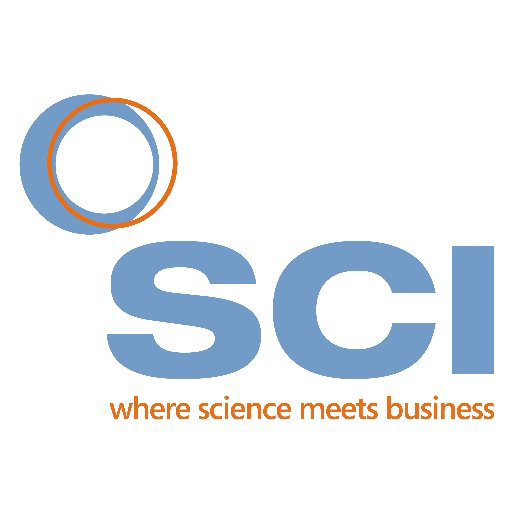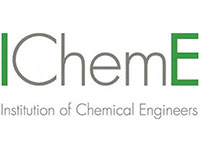The production of chemicals employing, for example, hydrogenation of alkynes, nitrobenzoic acid and alpha-methyl styrene, and oxidations of bulk feedstocks such as glycerol, glucose and ethanol demand new innovations in catalysis and three-phase reactor design to enhance efficiency and selectivity towards the desired products. In parallel, the field of energy production has rapidly advanced in recent years and led to an increased demand for hydrogen production from steam reforming and the water-gas shift reaction, and the manufacture of synthetic fuels using Fischer-Tropsch synthesis. One outcome from global warming on transportation and energy is likely to be a push for companies to find new, more complex feedstocks and a move away from a reliance on gasoline and natural gas. Likewise, the purification of air and water, including the catalytic reduction of pollutants such as NOx will require new approaches.
Traditional reactors such as stirred tanks, packed beds and bubble columns can offer solutions for large-scale applications, but arguably suffer from problems such as large inventory, volume, and mass transport resistances, and require downstream separation technologies to isolate the products. This meeting will focus on alternative technologies which aim to provide intimate contact between the catalyst surface and flow of reactants, reduce transport resistances, and enhance mixing, mass transfer and product yields. Integration of the reactor with heat exchange and separation processes can provide more compact, low energy and inherently safer process designs although fine-tuning, experimental diagnostic studies and modelling of processes are required to understand and optimise such reactors for particular applications.
A mix of keynote, oral and poster presentations will showcase the advances being made in multifunctional reactors for applications across a range of industries from fine chemicals to pharmaceuticals, energy and environmental technologies. Integration of reactors with structured catalysts, heat exchange and separation strategies, including membrane technologies will be a major focus alongside scale-up strategies for application in industry, as well as ‘scale-out’ by ‘numbering up’ which will serve to highlight industrialisation of the developed reactors.
Call for papers
Contributions are invited from those working in all areas of composites manufacture, research, development, commercialisation and use.
There are 2 options:
Topics for presentation may be results, reviews or plans and may have already been presented elsewhere.
Traditional reactors such as stirred tanks, packed beds and bubble columns can offer solutions for large-scale applications, but arguably suffer from problems such as large inventory, volume, and mass transport resistances, and require downstream separation technologies to isolate the products. This meeting will focus on alternative technologies which aim to provide intimate contact between the catalyst surface and flow of reactants, reduce transport resistances, and enhance mixing, mass transfer and product yields. Integration of the reactor with heat exchange and separation processes can provide more compact, low energy and inherently safer process designs although fine-tuning, experimental diagnostic studies and modelling of processes are required to understand and optimise such reactors for particular applications.
A mix of keynote, oral and poster presentations will showcase the advances being made in multifunctional reactors for applications across a range of industries from fine chemicals to pharmaceuticals, energy and environmental technologies. Integration of reactors with structured catalysts, heat exchange and separation strategies, including membrane technologies will be a major focus alongside scale-up strategies for application in industry, as well as ‘scale-out’ by ‘numbering up’ which will serve to highlight industrialisation of the developed reactors.
Call for papers
Contributions are invited from those working in all areas of composites manufacture, research, development, commercialisation and use.
There are 2 options:
- Flash poster presentation
- Poster
Topics for presentation may be results, reviews or plans and may have already been presented elsewhere.











